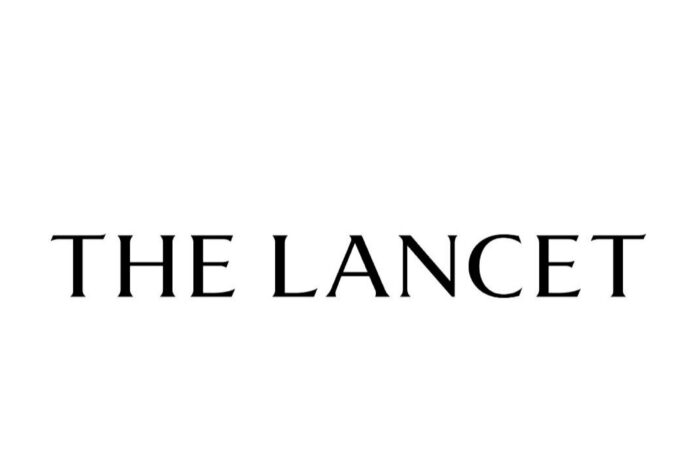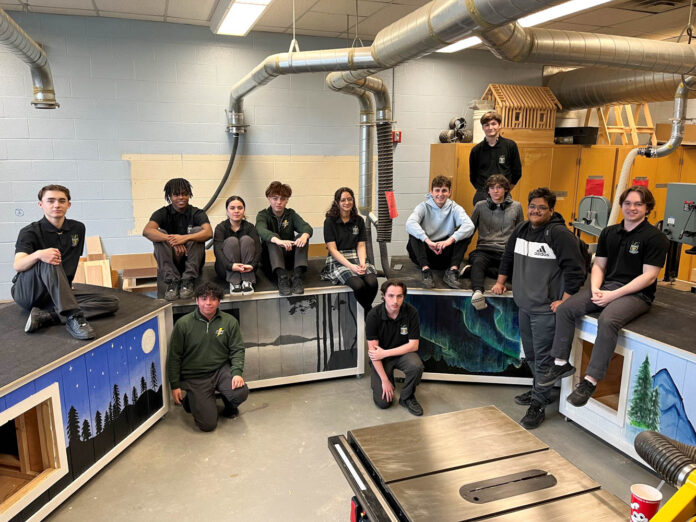GEORGIAN BAY—A UNESCO Global Geopark encompassing the entirety of Georgian Bay hopes to unite municipalities, First Nations, conservation groups, residents (both seasonal and permanent), educators and businesses in a collective endeavour. This initiative aims to highlight the Bay’s remarkable geo-heritage on a global scale, fostering awareness and solidarity within Canada and beyond. Simultaneously, it seeks to advance sustainable tourism, bolster community resilience and catalyze enduring economic growth.
In an interview with The Expositor, Tony Pigott, executive director of Georgian Bay Geopark, said the timeline for the UNESCO designation is open-ended. “It’s a large-scale project, and we are just a small non-profit run by a group of volunteers,” Mr. Pigott said.
So far, community engagement conferences have been held in Midland, Penetenguishene, Parry Sound and Killarney. The grassroots group plans to hold a conference on Manitoulin Island in the spring of 2024. “This is a grassroots environmental initiative; there is no ‘big brother organization’ that is going to affect land designations and usage. This project has to be signed off on by all the communities involved for it to go forward.”
The group plans to do outreach to First Nations communities and tourism leaders to create beneficial impacts for all the communities involved.
“There’s a lot of information that needs to be shared but also information that needs to be collected from First Nations to ensure they’re inclusive, they’re going to be a partner, and we will not move unless they’re a part of the process,” Mayor Jack Contin of Penetenguishene said. During the conference held in Penetenguishene, a community member emphasized the significance of this opportunity for the region and highlighted that over the two-year application process, the Penetanguishene council should proactively plan for an expected surge in global tourists who will seek out the town as the central point of the Geopark.
UNESCO Global Geoparks encompass cohesive geographical regions where internationally significant sites and landscapes of geological importance are preserved through an inclusive approach integrating protection, education and sustainable development. These geoparks leverage their geological legacy alongside the natural and cultural heritage of the area to foster a deeper understanding and appreciation of critical societal challenges. They aim to address pressing issues like responsible resource utilization, climate change mitigation and minimizing risks associated with natural hazards.
Should the project be realized with the authorization of all impacted communities, the designation would be valid a four-year term, after which the functioning and quality of the Geopark would be re-examined during a revalidation process.
The principles of geotropism and destination stewardship would usher tourism planning, development and management in the Aspiring Geopark.
“Consistent with the Arouca declaration (adopted at the International Congress of Geotourism, under the auspices of UNESCO, that took place in the Arouca Geopark, Portugal, November 2011) geotourism is defined as tourism which sustains and enhances the identity of a territory, taking into consideration its geology, environment, culture, aesthetics, heritage and the well-being of its residents,” according to UNESCO. “Destination Stewardship is a globally recognized approach to tourism that focuses on sustaining and enhancing the unique natural and cultural assets of a place—the destination—and uses a multi-stakeholder approach where the community itself is at the table where discussions about tourism take place. Residents—the hosts— work in concert with local government agencies and civil society to plan, develop, and market their tourism future.”
The Expositor asked Greg Mason of UNESCO Georgian Bay Biosphere Mindoro Gamii if their organization endorsed the Geopark. “We don’t want to influence the communities to make a decision, one way or the other. Our organization serves the community, and if they decide they want to do this, we will take our marching orders from them. We don’t foresee any issues with the Geopark, but it has to be based on community desire,” he said.
When asked about the difference between a UNESCO Biosphere designation and a UNESCO Geopark designation, Mr. Mason said biospheres focus on building networks to preserve biodiversity. In contrast, the focus of Geoparks is preserving sites of geological importance and helping communities develop tourism initiatives.
A potential benefit to the aspiring Georgian Bay Geopark would be access to data on shoreline erosion and prevention and studies on Lake Huron water levels and temperature. When Mr. Pigott was asked if this would affect pleasure craft operators in the waters shared between Georgian Bay and Manitoulin Island, he stated that the Geopark’s goals would not affect how the land and water are currently being used.
Destination Ontario is currently endorsing the Geopark, along with the municipalities of Midland and Penetenguishene.






